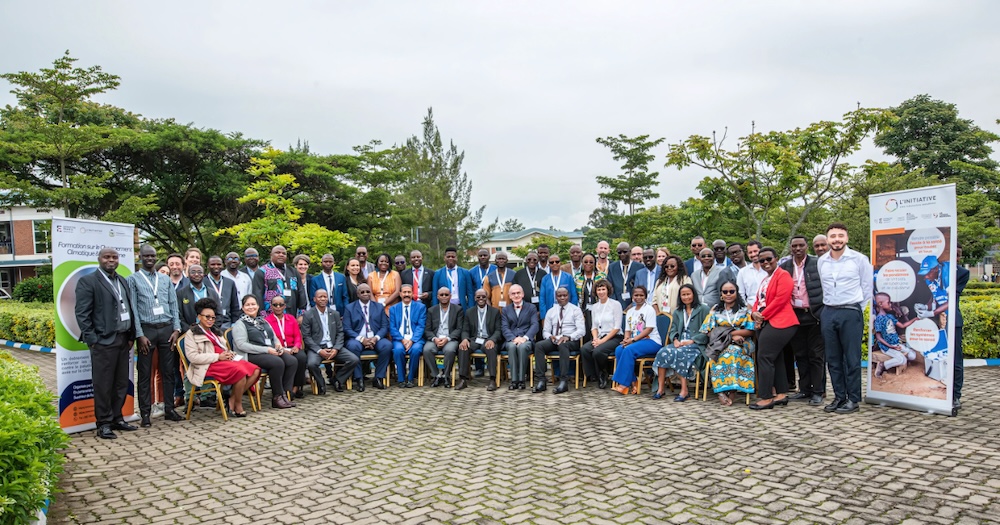Health Response to Climate Change
Climate change and environmental degradation are altering the dynamics of infectious diseases – expanding transmission zones, increasing resistance, disrupting access to care, and weakening health systems. L’Initiative supports innovation and the implementation of context-adapted solutions. It funds operational research, training and knowledge sharing, and the development of surveillance systems that incorporate climate data.
Climate Change: A Barrier to Malaria Control
Extreme weather events, temperature variations, and shifts in climate have multiple and complex impacts on malaria. They can lead to increased transmission and a higher disease burden. L’Initiative addresses these challenges posed by climate change by promoting a “One Health” approach, linking human, animal, and environmental health, with a strong emphasis on training.
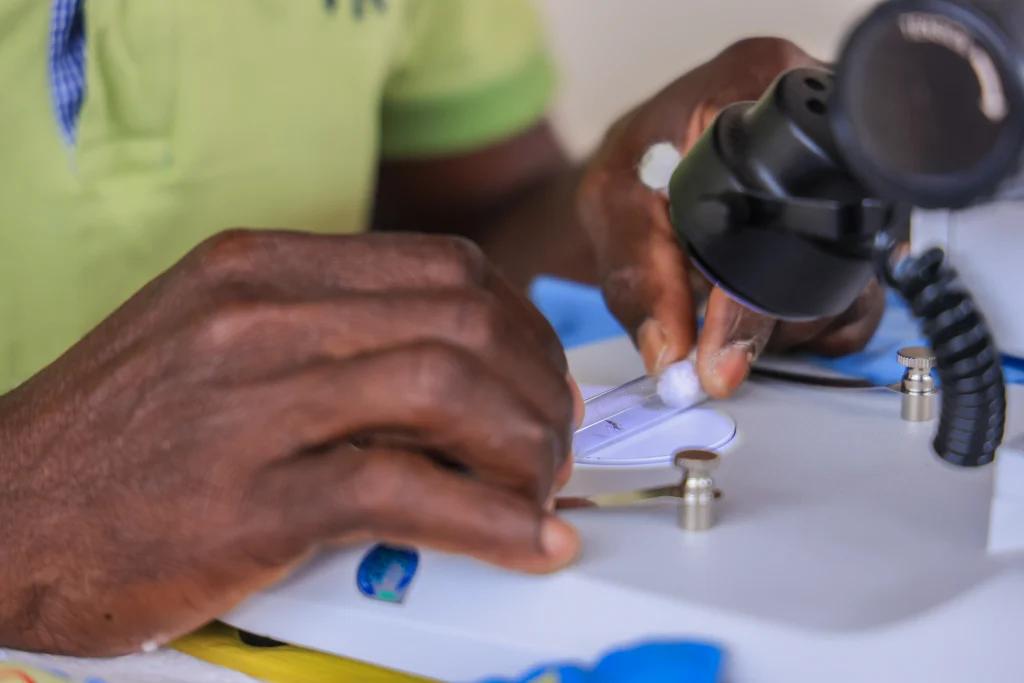
Health, Climate, and Territory: An Integrated Approach to Epidemics
Located in Rwanda’s Northern Province, just a few kilometers from Volcanoes National Park, INES-Ruhengeri University hosted a five-day training session in early December for decision-makers from national malaria control programs (NMCPs). Far from volcanic eruptions, it is climate change that now threatens certain regions, particularly in the fight against malaria.
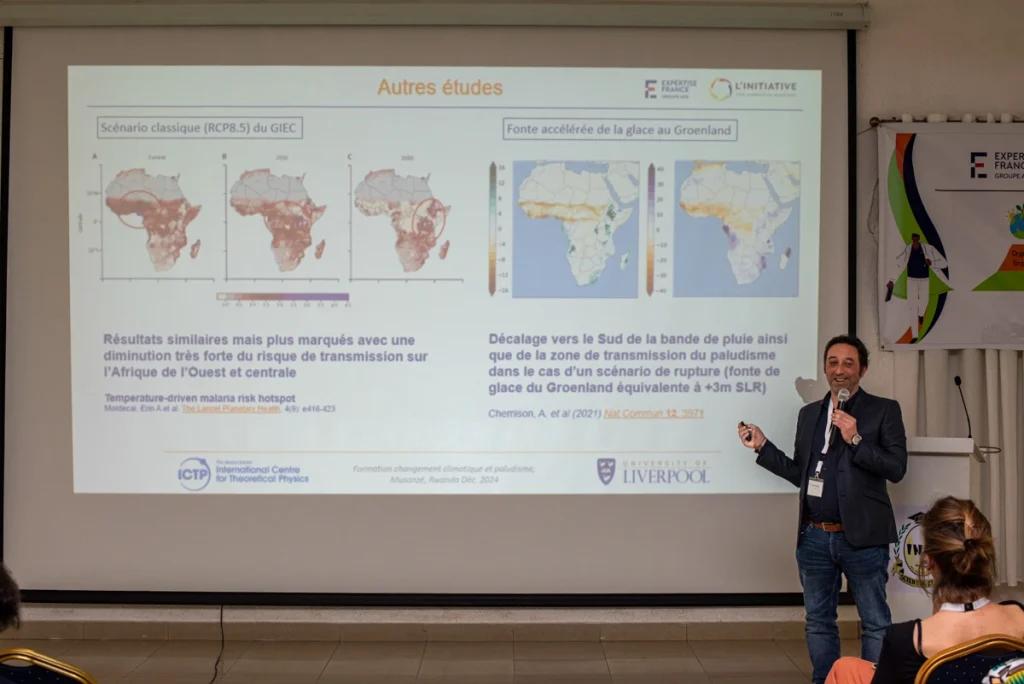
How Is Climate Change Redrawing the Malaria Map?
Climatologist Cyril Caminade took part in the “Climate Change and Malaria” training organized by L’Initiative in Rwanda for Africa’s NMCPs. From extreme weather and human mobility to new mosquito resistances and climate disruptions, Cyril Caminade explains the multiple factors at play and sheds light on the connection between climate and global health.

Malaria: What Challenges Lie Ahead in a Changing Climate?
What are the interconnections between malaria and climate change? How can we adapt disease control efforts and prepare for future challenges? The podcast series “Malaria: What Challenges Lie Ahead in a Changing Climate?” explores these pressing issues in five episodes. Doctors, climatologists, researchers, and modelers share their current initiatives and forward-looking reflections.
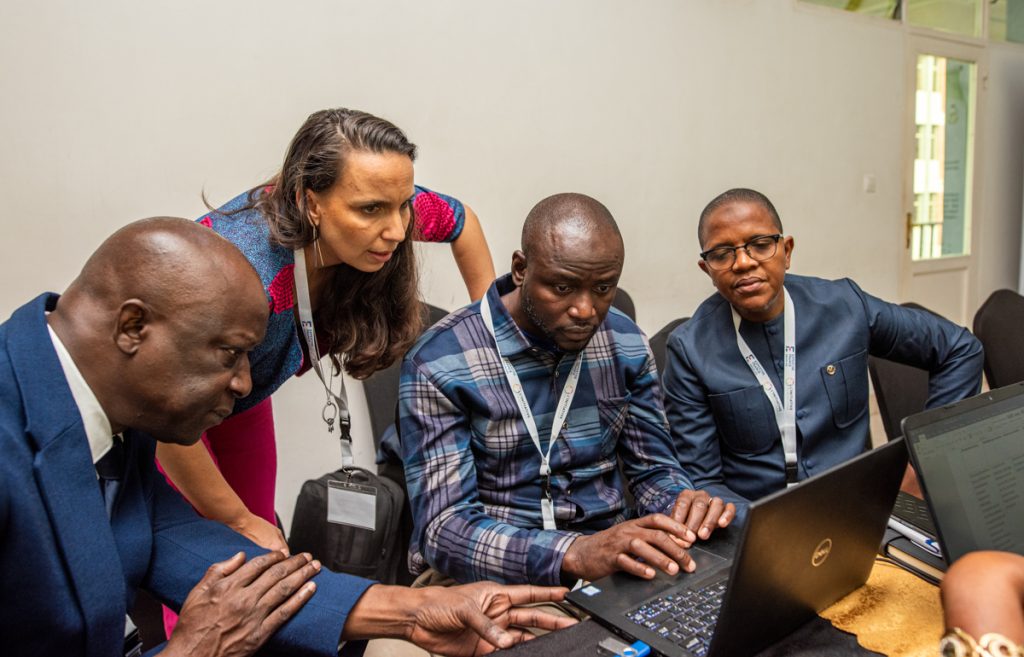
Climate Change and Malaria Response in Sub-Saharan Africa
Climate change is altering the geographic distribution and seasonality of malaria, requiring urgent adaptation of prevention and control strategies. From December 2 to 6, 2024, L’Initiative and INES-Ruhengeri co-organized a training session in Musanze (Rwanda) focused on the climate impact on malaria. Representatives from 19 French-speaking sub-Saharan African countries gathered to discuss how to integrate this new reality into their malaria strategies.
A Call to Action
At the conclusion of the December 2–6, 2024 training in Musanze (Rwanda), participants co-authored an advocacy article on the climate impact on malaria, now published in the Malaria Journal.
Social Justice: A Cornerstone of Climate and Health Preservation
The civil society network APCASO brings together community and non-governmental organizations from twelve countries. It promotes an integrated approach to health rooted in social and climate justice in the Asia-Pacific region, where communities play a key role. With support from L’Initiative, the network is committed to producing and sharing knowledge and advocating for global, inclusive, and resilient health responses – placing communities at the center and focusing on local capacity building.

APCASO Focuses on Strengthening Community Systems
With support from L’Initiative, the APCASO network bases its actions on advocacy and strengthening community systems in the Asia-Pacific region, aiming to improve health and social justice for the most vulnerable. Its goal: reduce the incidence of pandemics in the region. Led by Executive Director Rodelyn Mart, the network has embraced the “One Health” approach as essential to addressing the region’s challenges in pandemic response.
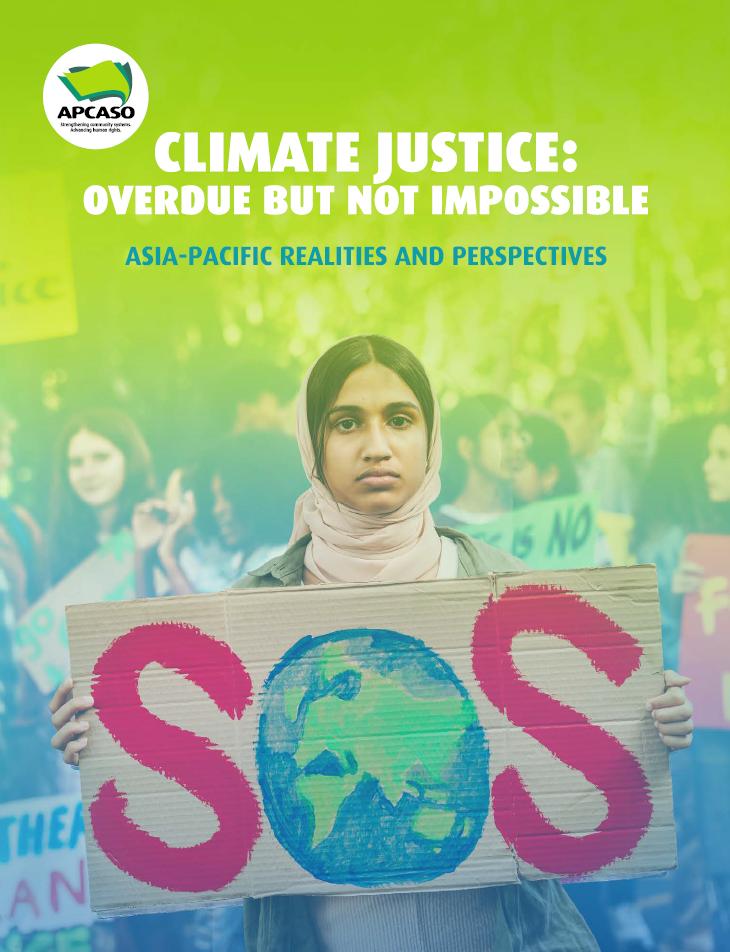
Climate Justice: Reducing Inequality as an Environmental Imperative
In the face of climate change, APCASO advocates for a climate justice approach, recognizing that the most vulnerable communities are disproportionately affected. In this advocacy document–produced with support from L’Initiative – the civil society network recommends going beyond purely scientific and economic dimensions to address historical injustices and systemic inequalities as part of the response.
Innovating for a Better Response
In the context of climate change and growing resistance to insecticides and antimalarials, developing innovative tools and approaches to combat malaria is essential. Aware that progress against the disease depends on this, L’Initiative supports research to develop innovative solutions to counter resistance, tackle emerging vectors, and strengthen existing control strategies.
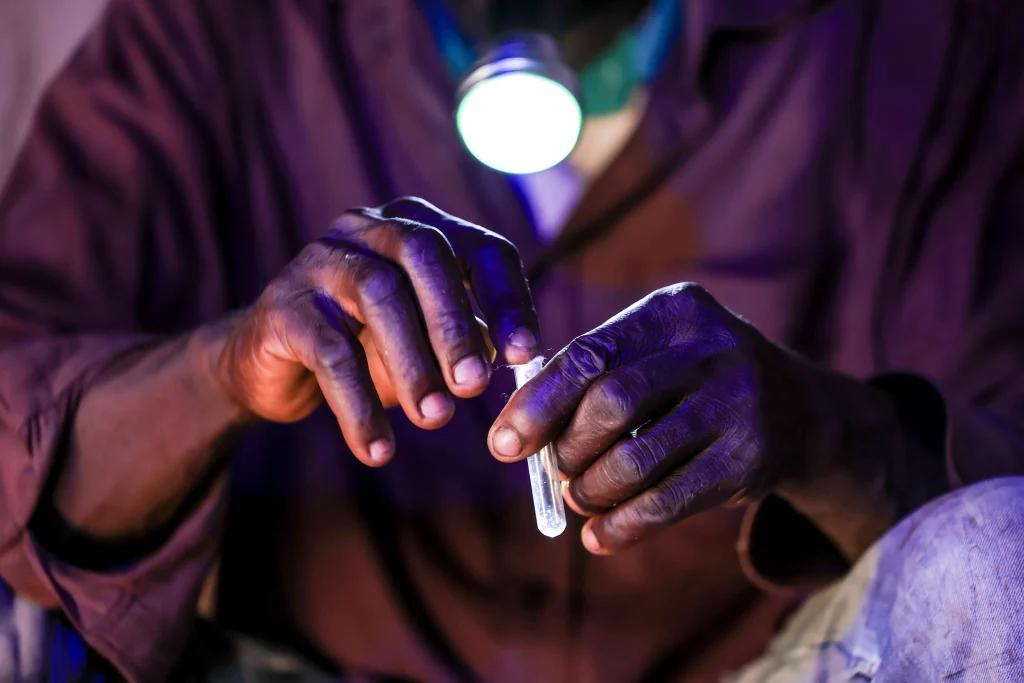
TrapNet: An Innovative Malaria Control Method
As part of the Preventing Malaria project, the Swiss Centre for Scientific Research in Côte d’Ivoire (CSRS) has developed TrapNet, an innovative tool designed to efficiently capture mosquitoes, with support from L’Initiative. Preliminary results show that TrapNet increases the number of captured and eliminated mosquitoes by a factor of 4.5. To learn more about this system and observe field testing, L’Initiative teams visited Korhogo and Abidjan in Côte d’Ivoire.
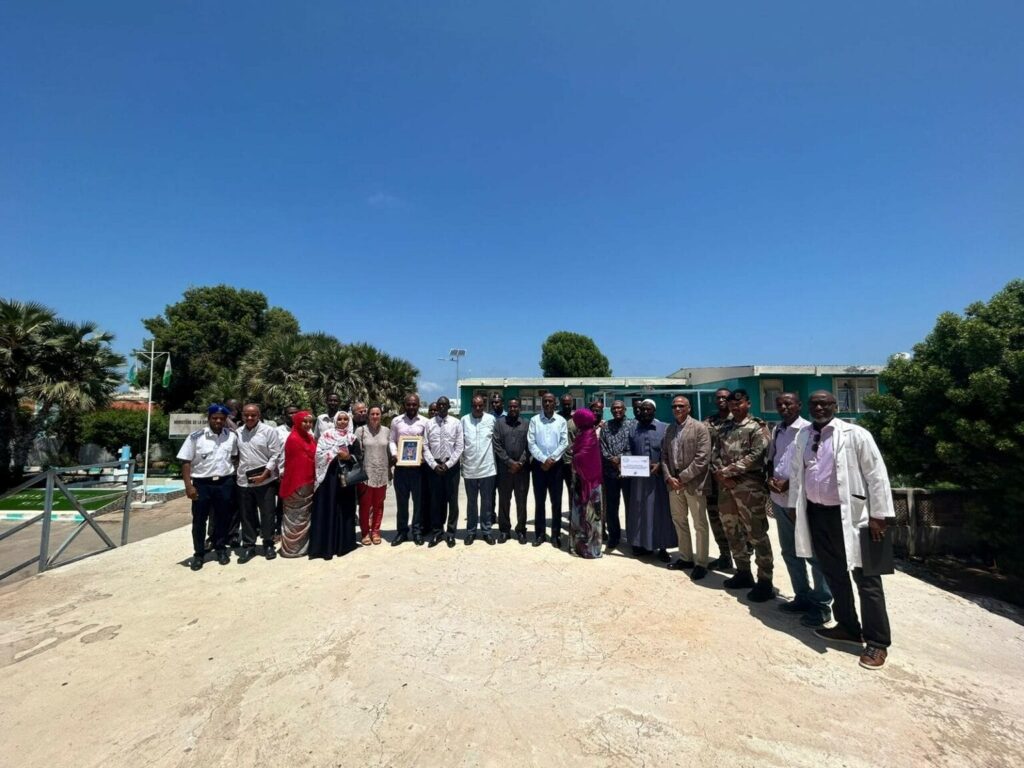
Controlling Malaria Spread in Djibouti
Nasserdine Papa Mze, a molecular biology engineer at the Versailles Hospital Center, reflects on his mission to the CHU laboratory in Djibouti. With support from L’Initiative, he trained technicians in the use of reliable diagnostic tools to strengthen malaria control. Through a Global Fund grant, a sequencer was acquired to implement protocols for monitoring treatment effectiveness.
